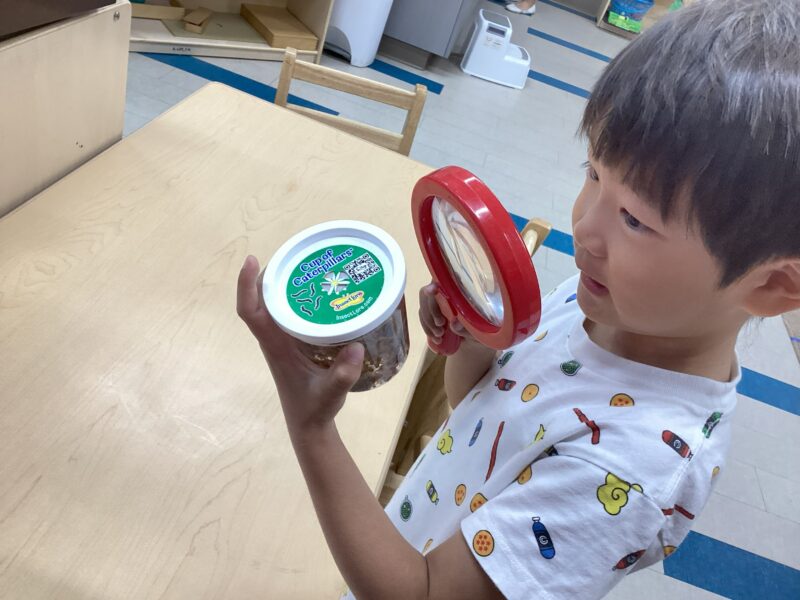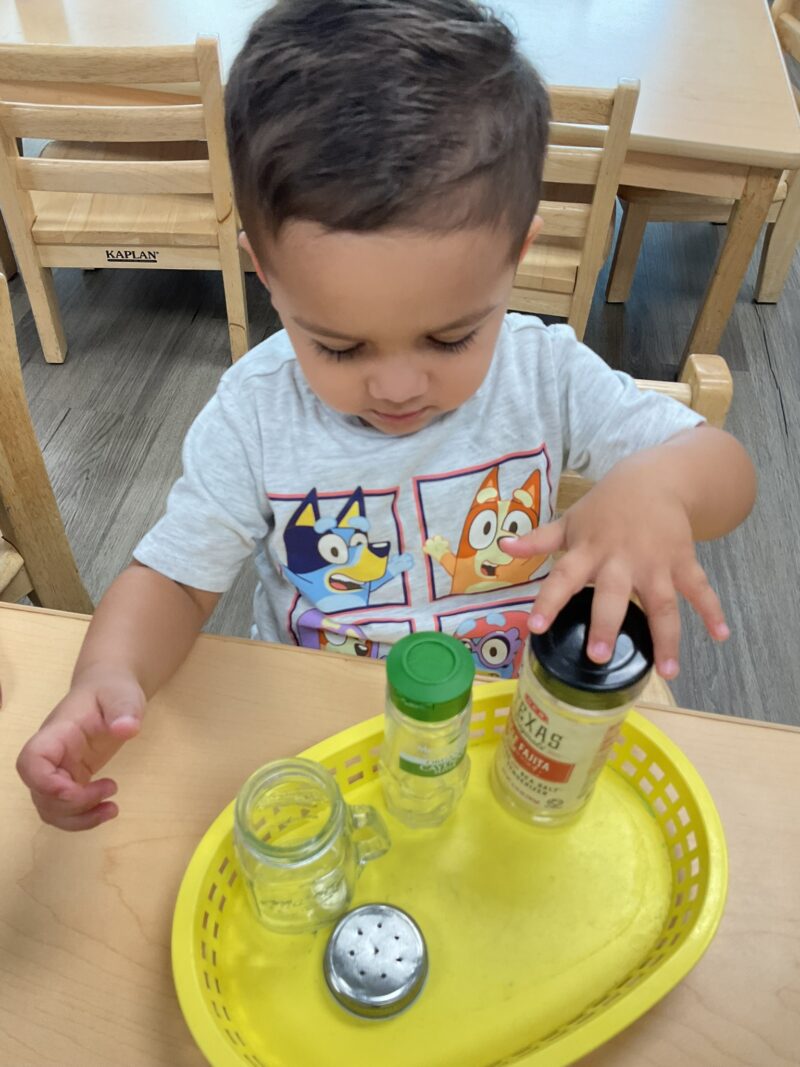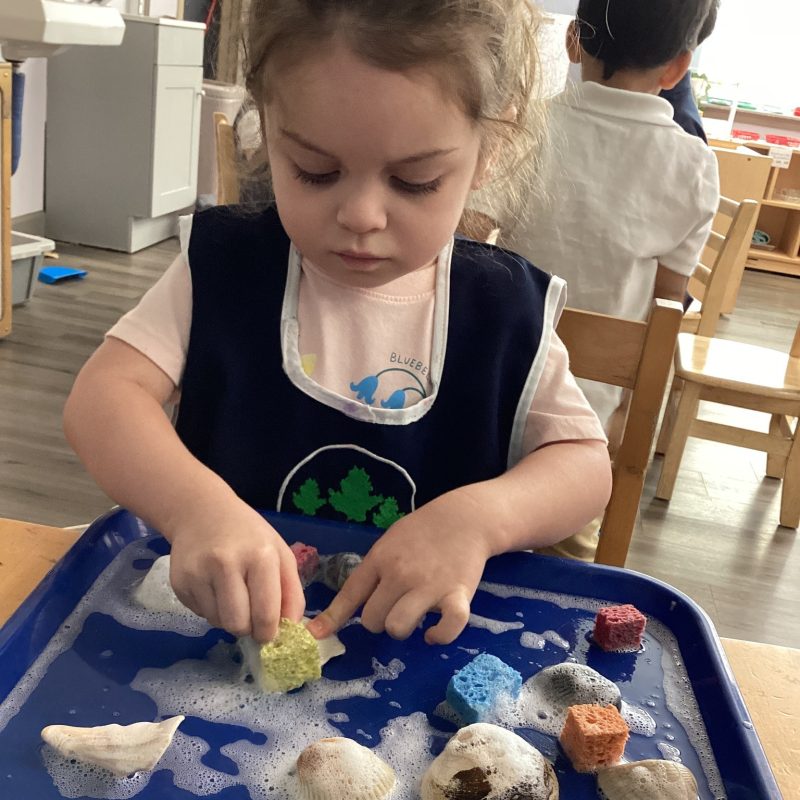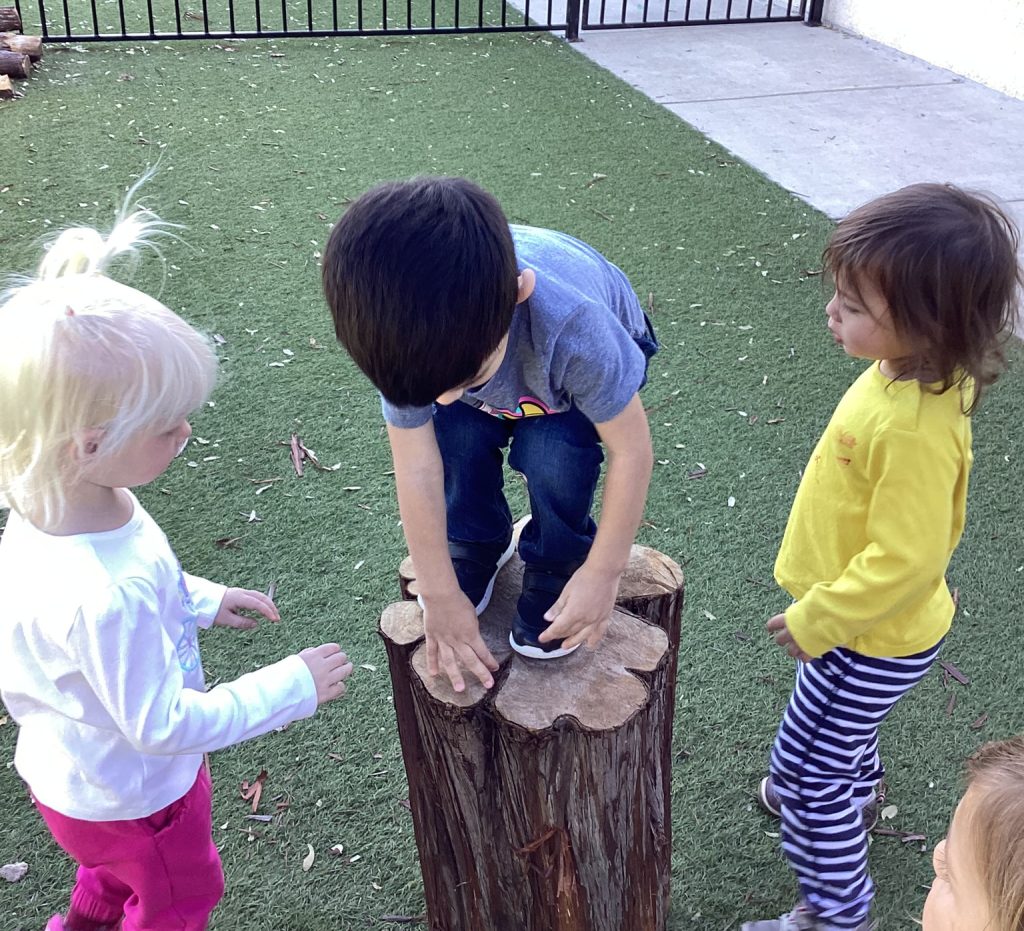
Risky play is a type of play that involves intentionally seeking out or engaging in activities that involve risk or danger. While it may seem counterintuitive, engaging in risky play can actually be beneficial for children’s development, as it allows them to explore and test their limits in a controlled and safe environment.
The Benefits of Risky Play
1. Cognitive Development Risky play helps children develop essential cognitive skills, including problem-solving, decision-making, and risk assessment. By engaging in activities that require critical thinking and calculated risks, children learn to evaluate potential dangers and make informed choices about how to proceed.
2. Physical Benefits Physically, risky play helps children build strength, endurance, and coordination. Activities such as climbing, running, and jumping challenge their physical abilities and contribute to their overall physical development.
3. Emotional Growth Emotionally, engaging in risky play boosts children’s confidence and self-esteem. When they face challenges and push themselves out of their comfort zones, they learn to cope with stress and adversity, developing resilience and grit.
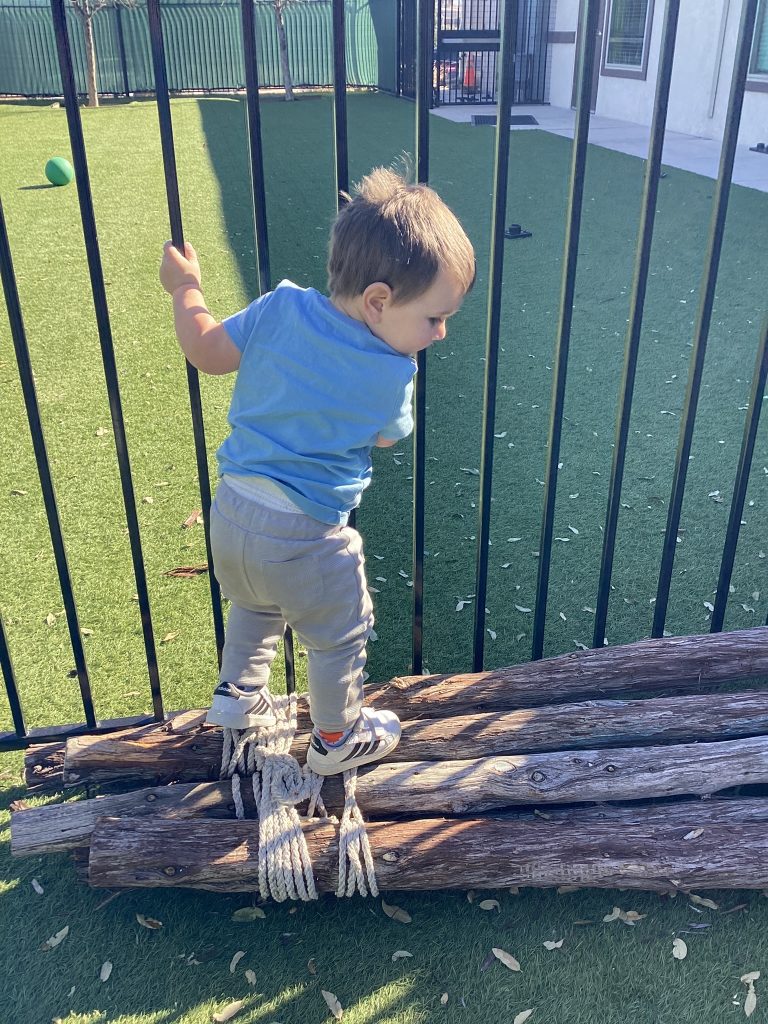
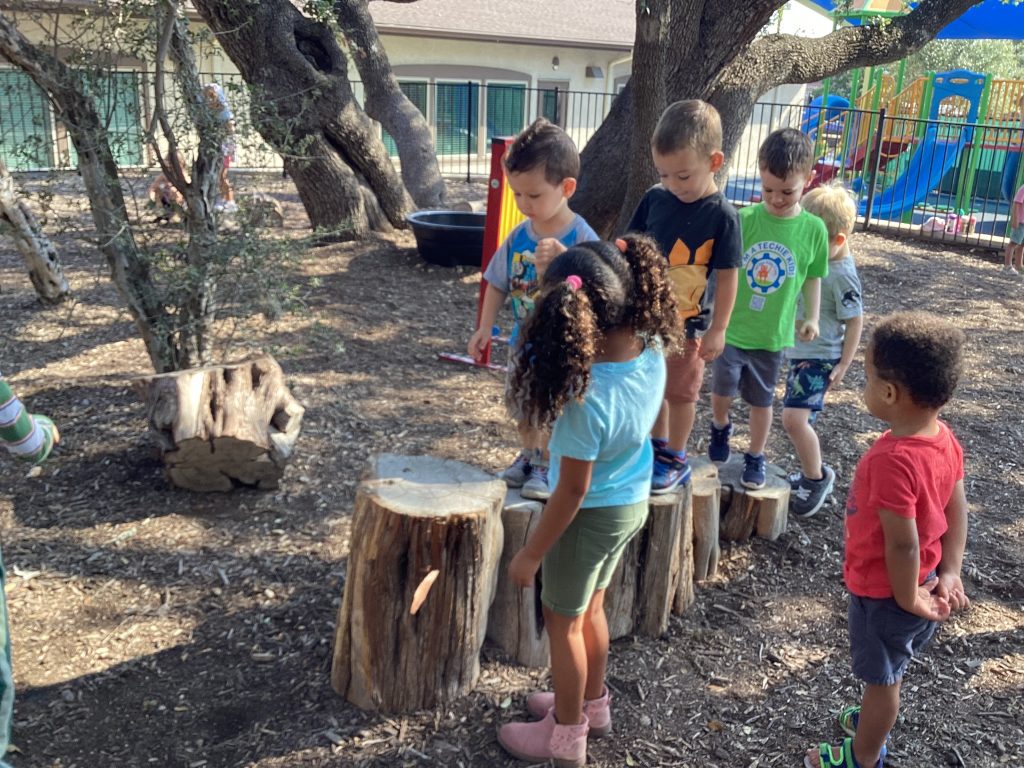

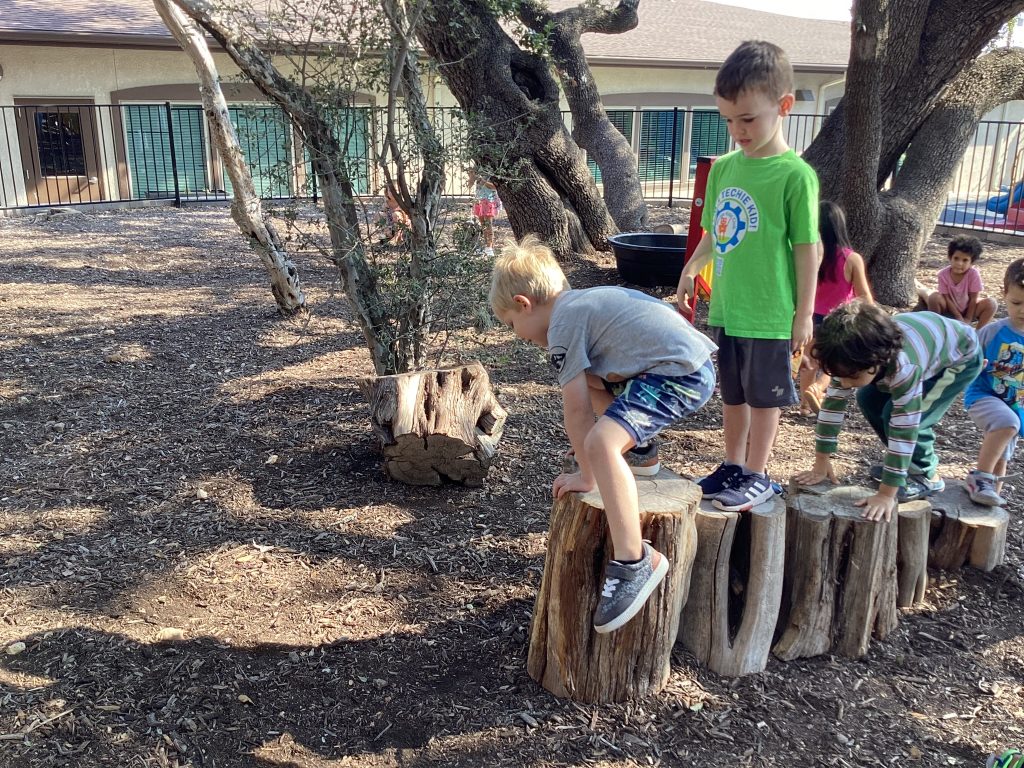
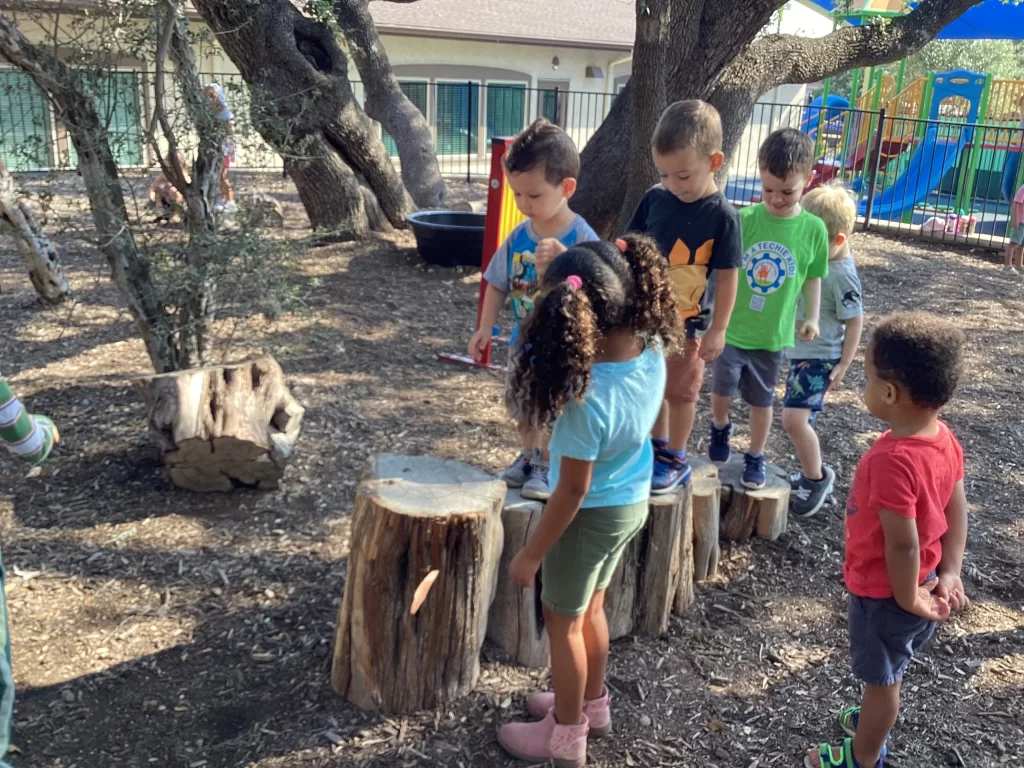
Risky Play for Preschoolers at Excelled Montessori
At Excelled Montessori, we understand the importance of risky play for young learners. Our outdoor play activities include climbing, exploring nature, and participating in various outdoor games. These activities are supervised and supported by adults to help children navigate potential risks and challenges safely.
Overall, risky play is a crucial aspect of children’s development, and it’s something that parents and caregivers can encourage and support in various ways. Whether by providing children with access to playgrounds and outdoor spaces or by encouraging them to take on new challenges and activities, risky play can help children grow and thrive in a healthy and meaningful way. However, it’s also important to ensure that children are safe and protected while engaging in risky play and to help them develop the skills and judgment they need to evaluate and manage risks effectively.
Are we raising our children in a “cacoon”?
Do you allow your children the same freedoms you enjoyed growing up – spontaneous and unstructured play?
Many parents today worry about their children’s safety to the point of creating overly controlled environments. Reflect on your own childhood: Did you enjoy spontaneous, unstructured play? Did you ride bikes with friends, play in the mud, and climb trees? These activities, rich with minor risks, contributed significantly to your development.
Pitfalls of Overly Protective Parenting
Raising children in a “cocoon” where risks are minimized can lead to several potential issues:
1. Limited Skill Development Without opportunities to take risks, children may miss out on developing critical skills such as problem-solving, decision-making, and physical coordination.
2. Decreased Confidence and Self-Esteem Challenges that push children out of their comfort zones help build confidence. If children are shielded from risks, they may not develop the confidence and self-esteem that come from overcoming challenges.
3. Increased Anxiety and Fear of Failure Children who never take risks may develop a fear of failure. They miss out on learning from mistakes and developing a sense of self-agency, which can lead to anxiety and insecurity.
4. Reduced Social and Emotional Skills Risky play often involves social interaction and communication, which are crucial for developing skills like collaboration, conflict resolution, and empathy. Without these experiences, children may lack important social and emotional competencies.
5. Decreased Physical Development Engaging in physical activities that challenge children’s abilities is crucial for their physical development. Without these opportunities, children may miss out on building strength, endurance, and coordination.
Striking a Balance
Parents and caregivers need to find a balance between ensuring safety and allowing children to take risks. By providing opportunities for exploration and learning through trial and error in a controlled and supportive environment, children can develop the skills they need to navigate the world confidently and resiliently.
At Excelled Montessori, we are committed to fostering an environment where children can engage in risky play safely, helping them grow and thrive in a meaningful way. By encouraging children to take on new challenges and activities, we support their holistic development and prepare them for future success.
Related Articles
- Curiosity of the Key: Inspiring Inquiry-Based Learning in the Classroom
- A world of possibilities: Not every classroom has four walls
Subscribe to Newsletter
Programs offered at ExcellED Montessori Plus include:
✔️Infants (10 Weeks – 18 Months)
✔️Toddlers (18 – 36 Months)
✔️Primary (3-6 Years)
✔️Kindergarten
✔️Mother’s Day Out
✔️Spanish Immersion / Dual Language
✔️After School Programs and Summer Camp (6 – 12 Years)
Music, Spanish, and Yoga are other programs included as part of the tuition.
Learn more about Inquiry-based Learning


